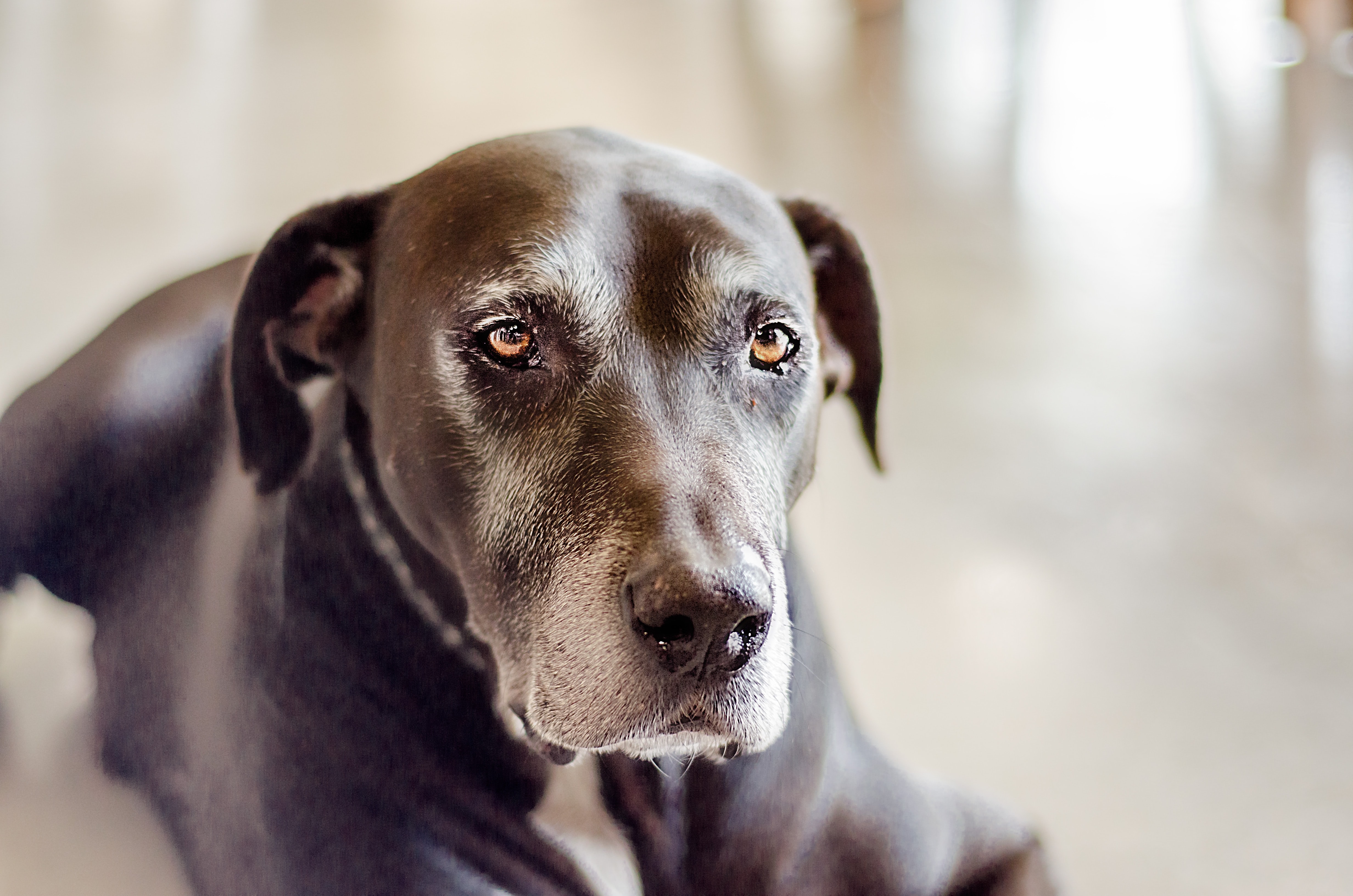
This month marks Animal Pain Awareness Month and Oldies Club (www.oldies.org.uk), a charity that raises funds for the veterinary treatment and re-homing of senior dogs, is highlighting hidden signs of pain in golden oldies that may go unrecognised.
The charity has come up with an eight point ‘Pain Alert Checker’ that pet owners can consult if they are worried about their companion animals.
Pain that goes unrecognised and untreated results only in further suffering, says the charity, which also organises fostering for senior dogs throughout the UK. Many of the senior canines in its care have come from pet homes where the owner has passed away while others have come from puppy farms or have been neglected or ill-treated.
Oldies Club is highlighting signs and symptoms of pain that owners of elderly dogs generally might not spot.
The 8-step Pain Alert Checker:
1. Has your pet’s appetite changed?
2. Is your pet struggling to find their balance?
3. Is your pet suddenly not as interested in their surroundings/other dogs/ people?
4. Have your pet’s sleeping patterns changed e.g., sleeping longer or less?
5. Does your pet seem glum?
6. Is your pet restless? Pacing about?
7. Does he/she struggle to get on the sofa or to climb stairs (when formerly it wouldn’t have been a problem)?
8. Has your pet’s facial expression changed?
Carolyn Astbury, Chair of Oldies Club, says: “We get many dogs coming into our care that have long-standing underlying health issues. Many of these animals have suffered in silence. Many can be re-homed to live out their lives with the love and care they deserve but some have to be long-term foster dogs and they still need our help through donations.
“Like us, dogs can suffer from increasing health issues as they age. Some 80% of dogs for instance suffer from arthritis by the time they are eight years old.”
If you are worried about your pet’s health, don’t hesitate to contact your vets for advice.
Websites like Canine Arthritis www.caninearthritis.co.uk can help too.

